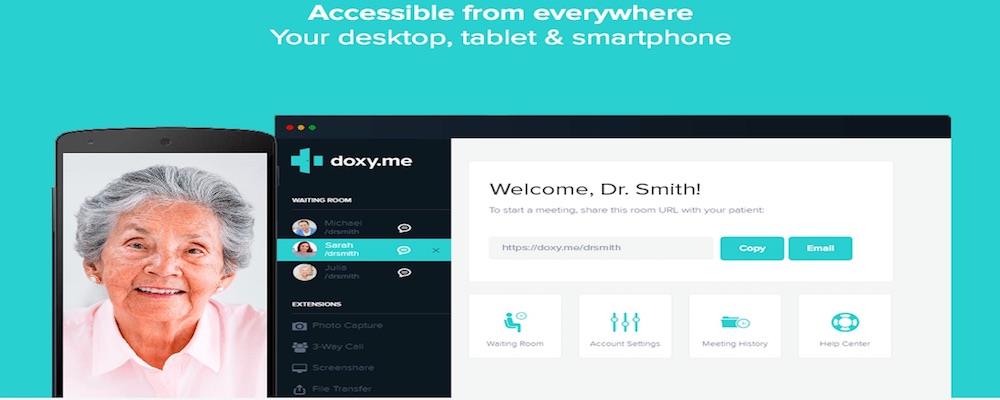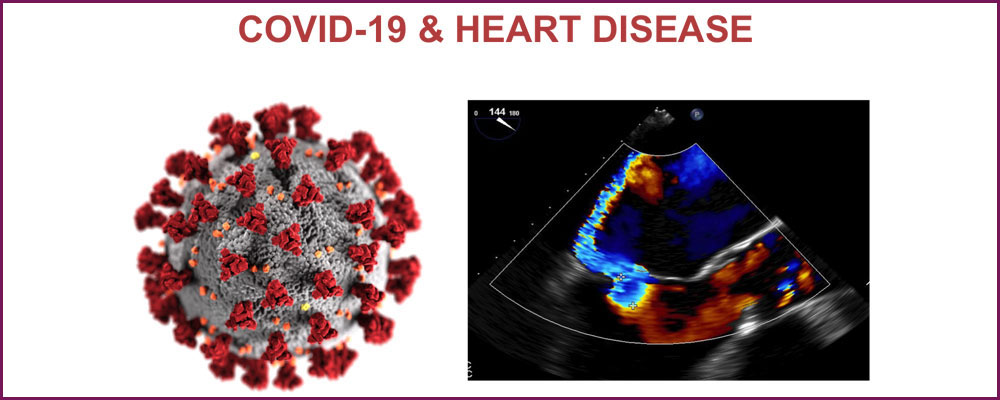Treatment options for COVID-19

Treatment options for COVID-19 :
Information for Clinicians on Therapeutic Options for COVID-19 Patients. There are no US Food and Drug Administration (FDA)-approved drugs specifically for the treatment of patients with COVID-19. At present clinical management includes infection prevention and control measures and supportive care, including supplementary oxygen and mechanical ventilatory support when indicated. An array of drugs approved for other indications as well as several investigational drugs are being studied in several hundred clinical trials that are underway across the globe. Two of potential drugs (chloroquine and hydroxychloroquine) and one of the investigational agents (remdesivir) currently in use in the United States.
https://www.cdc.gov/coronavirus/2019-ncov/hcp/therapeutic-options.html
Remdesivir (a product of GILEAD) is an investigational intravenous drug with broad antiviral activity that inhibits viral replication through premature termination of RNA transcription and has in-vitro activity against SARS-CoV-2 and in-vitro and in-vivo activity against related betacoronaviruses.
Hydroxychloroquine and chloroquine (Brand name : Plaquenil. Generic form available: laughably cheap and widely available) are oral prescription drugs that have been used for treatment of malaria and certain inflammatory conditions. Chloroquine has been used for malaria treatment and chemoprophylaxis, and hydroxychloroquine is used for treatment of rheumatoid arthritis, systemic lupus erythematosus and porphyria cutaneatarda. Both drugs have in-vitro activity against SARS-CoV, SARS-CoV-2, and other coronaviruses, with hydroxychloroquine having relatively higher potency against SARS-CoV-2 [1,4,5]. A study in China reported that chloroquine treatment of COVID-19 patients had clinical and virologic benefit versus a comparison group, and chloroquine was added as a recommended antiviral for treatment of COVID-19 in China.
Few days ago, the presentation on YouTube by Prof Raoult (Doctor in France, Marsienlle) discussed positive results in a non-randomised, unblinded trial of 24 patients.
This follows encouraging in vitro results obtained by a Chinese team led by Xueting Yao, from Peking University Third Hospital, Beijing, China, which were published online by the Journal of Clinical Infectious Diseases on March 9th. However, the data were deemed insufficient by the infection community to recommend the compound as a treatment.
The Marseille Study
The European Union Clinical Trials Register shows that the Marseille study was accepted on 5th March by the National Medicines Safety Agency (ANSM). After 6 days, the percentage of patients testing positive for COVID-19 who received hydroxychloroquine fell to 25% versus 90% for those who did not receive the treatment (a group of untreated COVID-19 patients from Nice and Avignon).
In addition, comparing untreated patients, those receiving hydroxychloroquine and those given hydroxychloroquine plus the antibiotic azithromycin, the results showed there was “a spectacular reduction in the number of positive cases” with the combination therapy, said Prof Raoult.
Azithromycin was added because it is known to be effective against complications from bacterial lung disease but also because it has been shown to be effective in the laboratory against a large number of viruses.
However, one has to be careful, especially in cardiac patients as both these medications can cause prolong Qtc interval and cause life threatening arrhythmias.
Novartis andSanofi Aventisdrug companies have pledged to donate millions of HCQ tablets for treatment.
Based on the above knowledge, many of the institutions and countries are using HCQ as one of the treatment modalities including CDC. https://www.cdc.gov/coronavirus/2019-ncov/hcp/therapeutic-options.html
In India, where common infectious diseases are prevalent, have recently circulated this document for the physicians for treatment of COVID-19.
HCQ is being studied for treatment of COVID 19 and pre and post exposure prophylaxis. University of Minnesota is testing if post-exposure prophylaxis with hydroxychloroquine can prevent progression development of symptomatic COVID19 disease after known exposure to the SARS-CoV2 virus. This is especially important for health care workers and families of the infected individual that are exposed to the virus.
(https://clinicaltrials.gov/ct2/show/NCT04308668 )
Serious side effects of HCQ is prolongation ofQTc interval and arrhythmias if used with other drugs including effects on Liver and kidney.These drugs should only be used with prescription and monitoring by a health care physician.
Other Drugs
Lopinavir-ritonavir (Brand: Kaletra) has been successfully used for HIV infection, but did not show promise for treatment of hospitalized COVID-19 patients with pneumonia in a recent clinical trial in China [8]. This trial was underpowered, and lopinavir-ritonavir is under investigation in a World Health Organization study.
ASAN Medical center in Korea , are testing viral load response to the potential treatments. In vitro studies revealed that lopinavir/ritonavir and hydroxychloroquine have antiviral activity against Severe acute respiratory syndrome coronavirus 2 (SARS-CoV-2). However, there are no clinical studies on the reduction of viral load in patients with COVID-19. This study investigates whether lopinavir/ritonavir or hydroxychloroquine reduces viral load from respiratory specimen in patients with mild COVID-19.
Losartan, an angiotensin receptor blocker is another drug that can potentially be used in COVID-19. University of Minnesota has started to study the drug. The trial results should be out by april 1, 2020. https://clinicaltrials.gov/ct2/show/NCT04312009
National institute of respiratory disease Mexico, started a double blinded randomized clinical trial designed to evaluate the security and efficacy of hydroxychloroquine as treatment for COVID-19 severe respiratory disease. The investigators hypothesize that a 400mg per day dose of hydroxychloroquine for 10 days will reduce all-cause hospital mortality in patients with severe respiratory COVID-19 disease.
Another ongoing study is Norwegian corona virus COVID19 study. In this the investigators aim to investigate the virological and clinical effects of chloroquine treatment in patients with established COVID-19 in need of hospital admission.
These are the precise list ofhydroxychloroquin and corona virus study currently ongoing. https://clinicaltrials.gov/ct2/results?term=hydroxychloroquine&cond=Coronavirus
References: https://www.cardiosmart.org/News-and-Events/2020/03/Heart-Patients-Warned-of-Risks-from-Coronavirus (accessed March 22,2020)




